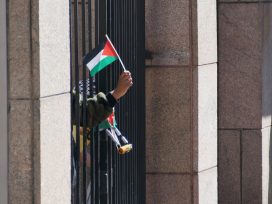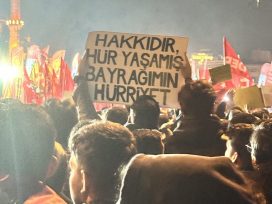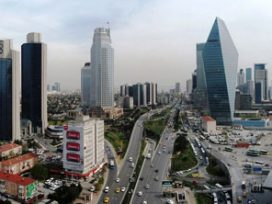Kaya Genç
Author of three books: An Istanbul Anthology (AUC Press, 2015), Under the Shadow (I.B. Tauris, 2016), and The Lion and the Nightingale (I.B. Tauris, 2019;paperback edition forthcoming in May 2024. His Substack is: https://kayagenc.substack.com
Articles
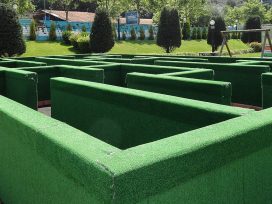
Turkey is no longer a dissident safe haven. High-profile cases of outspoken exiles kidnapped or even killed by spies when in the country attest to the risks. Interviews with Iranian and Russian exiles reveal deteriorating circumstances, from visa refusal to societal racism, police persecution and serious abduction threats, exposing uncertain, shifting political ground.
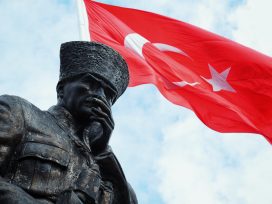
Power over principle
Turkey’s skin-deep opposition
Power to the powerful, contempt for the weak: in replicating this rule of Turkish politics, the opposition CHP differs in no way from Erdoğan’s AKP. Indeed, in persecuting all critics of the Turkish state, the Islamists are simply re-enacting the republican legacy.

An ode to Marmara
What lies below the sea snot spectacle
Once the heart of a civilization, the inland sea connecting Europe and Asia has lost most of its astonishing wildlife and is suffocating under marine mucilage. Industrial pollution and reckless sewage policies feed the phytoplankton that took over the sea. Kaya Genç recalls the rich history of his beloved Marmara and identifies the culprits behind its rapid demise.
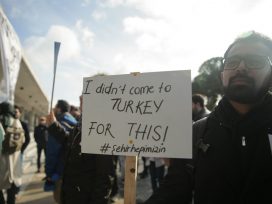
Tearing down the ivory tower
Abusing the COVID-19 crisis to close the 'wokest' university
It took a while for even the faculty to realize that the Istanbul Şehir University has effectively been closed down. It had stood its ground against Erdoğan’s interventions for years, but the pandemic served as the perfect opportunity for a swift and silent takeover. Now the same can happen to any of the other independent universities in Turkey.
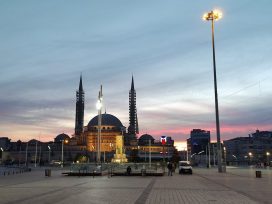
New powers granted to the ‘bekçi’ – Turkey’s auxiliary police force – have led to a spate of violent confrontations, releasing traumatic memories of the military coup forty years ago. The revival of this Ottoman relic consolidates Erdoğan’s centralized rule. But will it end up hastening his decline?
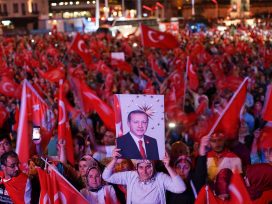
After the Gezi Park uprising in 2013, the idea that the Turkish nation can survive only through consensus between westernizers and traditionalists no longer dominates. Despite the subsequent crackdowns, dissent is still happening among those willing to brave the possible consequences, writes Kaya Genç.
